Conflict-related sexual violence has increased by 50% and the risk of gender-based violence threatens 60 million women and 90 percent of women and girls crossing the Mediterranean are subjected to rape.

- Europe and Arabs
- Saturday , 30 November 2024 10:1 AM GMT
New York - Geneva: Europe and the Arabs
The United Nations High Commissioner for Refugees said that more than 60 million forcibly displaced or stateless women and girls around the world face a particularly increased risk of gender-based violence. According to the UN daily news bulletin
During a press conference in Geneva yesterday, Friday, UNHCR spokesperson Shabia Mantoo cited UN data indicating that reports of conflict-related sexual violence "increased by a shocking 50 percent last year" compared to the previous year, while women and girls accounted for 95 percent of verified cases.
She said: "These numbers represent a small part of the reality, as many of these abhorrent cases of violations and violence, which affect the health, dignity, security and independence of women and girls, go unreported. In many remote locations, humanitarian access is either intermittent or resources and assistance are scarce. Access to justice also remains limited, and survivors fear retaliation and social marginalization."
Ms. Mantoo said her colleagues working in conflict situations around the world were hearing from survivors of the horrors they had faced, from brutal violence, torture and sexual exploitation.
She said women and girls in the Democratic Republic of the Congo were facing an unbearable ordeal as their bodies became “an extension of the battlefield,” and women in Chad had reported being raped while fleeing conflict in Sudan.
She added that increasing restrictions on women and girls in Afghanistan, including rising rates of domestic violence, were contributing to a “mental health crisis.”
Ms. Mantoo highlighted the plight of those crossing the Mediterranean routes, saying: “Humanitarian estimates suggest that 90 per cent of women and girls crossing the Mediterranean are raped.”
These are just a few examples of “this chronically under-reported pandemic,” the UNHCR spokesperson said.
“Around the world, we are witnessing increasing attacks on women’s rights – from violence to restrictions on women’s autonomy and agency, among others. Women-led organizations – including those led by refugee women – are bearing much of the brunt of the backlash,” she added.
The need for gender-based violence prevention and response services for women and girls affected by forced displacement and conflict far outstrips available funding, Ms. Mantoo said.
Violence against women and girls is one of the most widespread human rights violations in the world. Nearly 1 in 3 women have experienced physical and/or sexual violence at least once in their lifetime. 70% of women in conflicts, wars and humanitarian crises experience gender-based violence.
To mark the International Day for the Elimination of Violence against Women on 25 November, the United Nations released a report stating that a woman or girl is killed every 10 minutes by an intimate partner or family member. UN Women Deputy Executive Director Nyaradzai Gombonzwanda said that more than 51,000 women and girls were killed in 2023 by their intimate partners or other family members. “This means that on average one woman is killed every 10 minutes, and no country is immune from this crime,” she added.
At a press conference at UN headquarters in New York, she stressed that gender-related crimes against women and girls remain under-reported, noting that global efforts to identify these killings have slowed. “We need greater commitment from countries to ensure that every victim is counted, and to collect data and evidence to better understand the types of gender-related killings,” she said. Delphine Schantz, Director of the United Nations Office on Drugs and Crime in New York, provided detailed analysis of the report and explained that Africa recorded the highest number of victims, with more than 21,000 intimate partner or family-related homicides in 2023.
She added that "the highest homicide rates are recorded in Africa due to population size, followed by the Americas and Oceania, with rates of 1.6 and 1.5 victims per 100,000 people respectively."
She explained that the vast majority of these homicides occur in the victims' homes (75%), while 11% occur in public places. Schantz pointed out that crimes in Europe and the Americas are most often linked to an intimate partner, at 65% and 58% respectively, while in Africa, Asia and Oceania they are more often linked to other family members.
Schantz added that one in three women killed by their partners had previously reported physical, psychological or sexual violence, but less than 7% of perpetrators had received restraining orders from the authorities. “We need to change social norms and attitudes towards women and girls through dedicated educational curricula, incorporating concepts that reject violence and encourage healthy relationships,” she said.
She also called for improved legal responses, such as including femicide as a separate crime in criminal laws, noting that only a few countries have included this type of crime in their legislation.
The scourge of violence against women has intensified in different settings, including the workplace and online, and has been exacerbated by conflicts and climate change. The solution lies in strong responses, holding perpetrators accountable, accelerating action through well-resourced national strategies and increasing funding for women’s rights movements.
The 2024 campaign slogan is: Every 10 minutes, a woman is killed (#NoExcuse), aiming to draw attention to the alarming escalation of violence against women



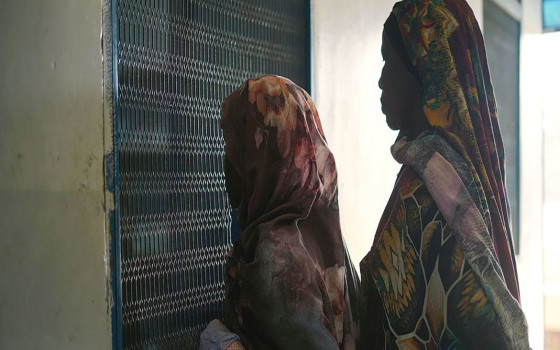
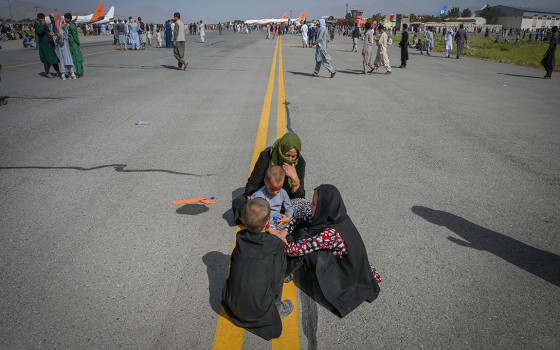
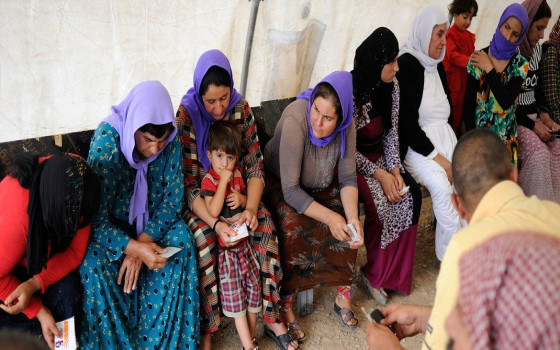
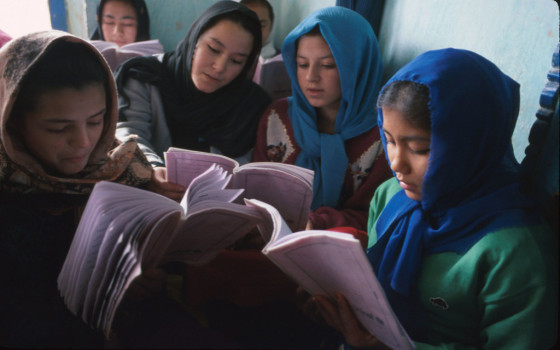
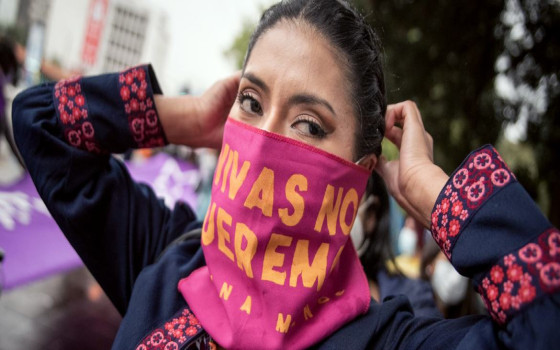
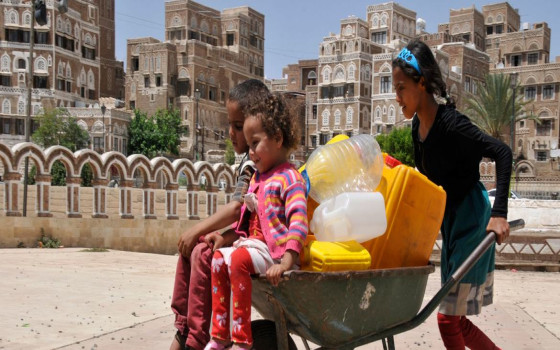
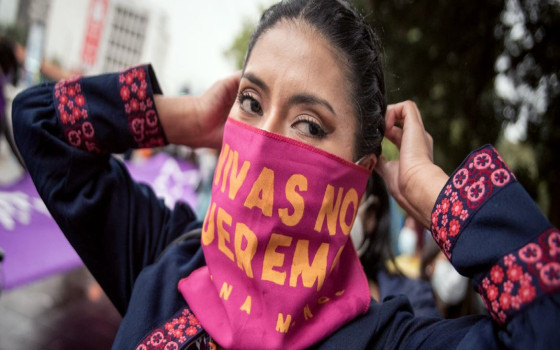
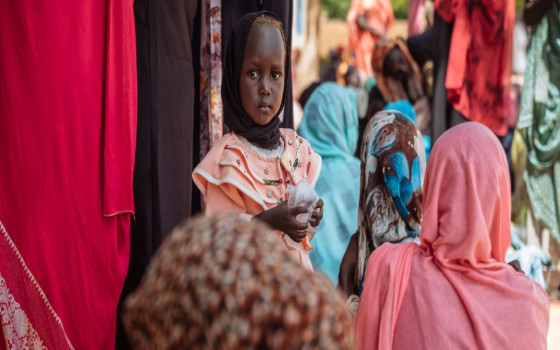
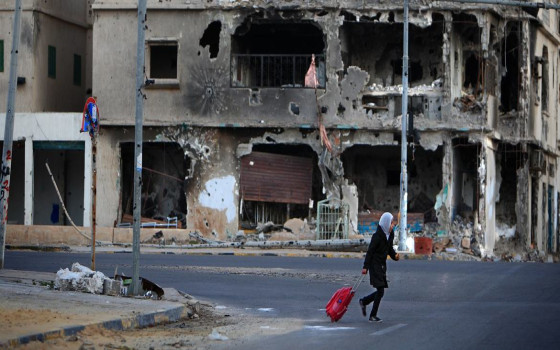

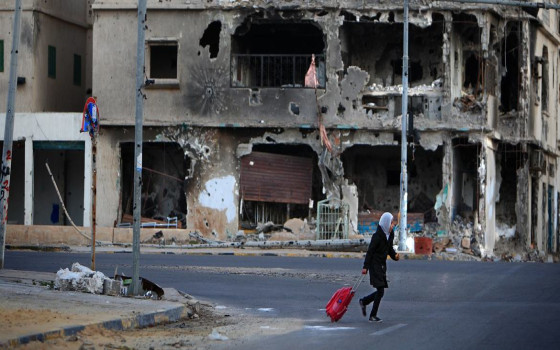
No Comments Found